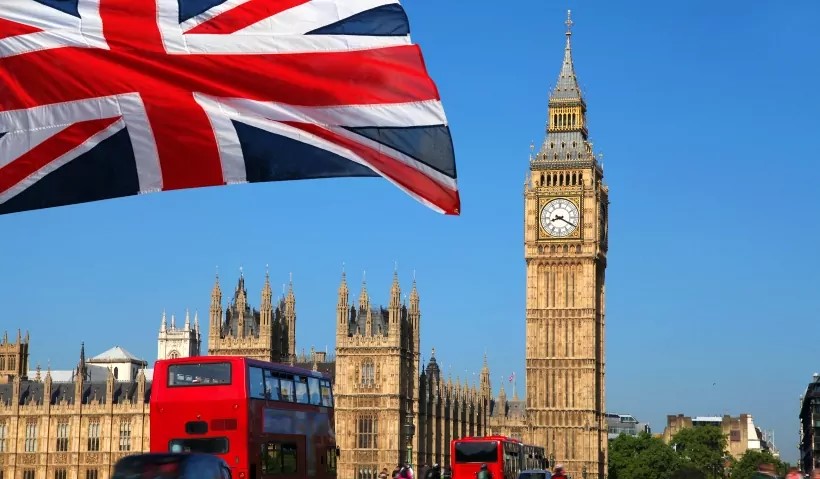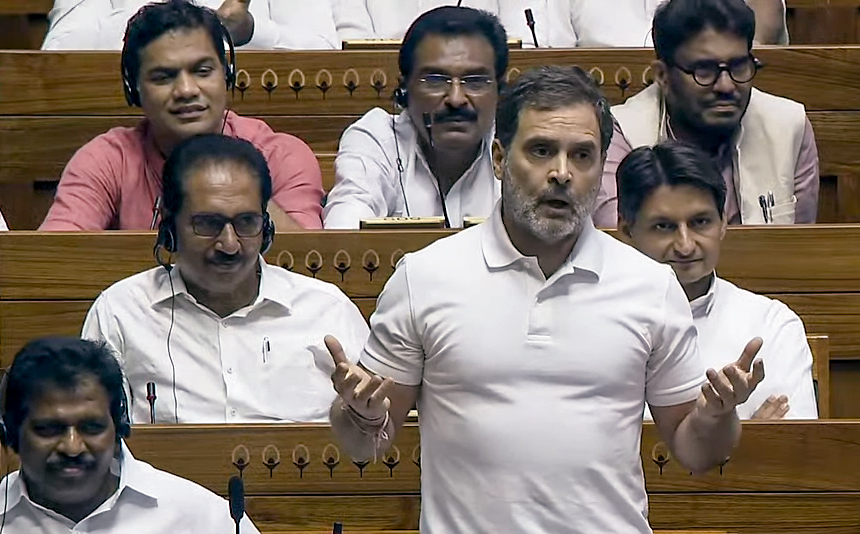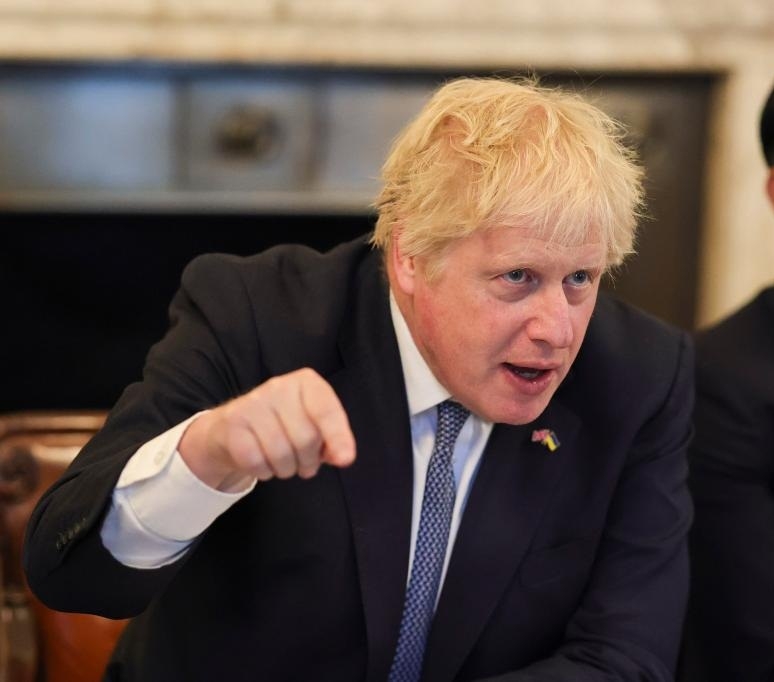The UK economy came out of recession in the first quarter of 2024, with a better-than-expected growth of 0.7%…reports Asian Lite News
Ahead of the UK general election, polls point to one, clear outcome: near wipe-out for the ruling Conservative Party. After 14 years in opposition, the Labour Party looks set to return to government with a huge majority.
Polling data suggests frustration with the state of the economy is a major reason. According to the Pew Research Center, just 22% of potential voters think the UK economy is in good shape.
Even confirmed supporters of the Conservative Party agree. As recently as 2017, around 75% of the party’s supporters were positive about the economy. That figure now stands at 27%.
That is not good news for a party that has had a decade and a half to impose its economic vision on the country. Yet the government is clinging to some moderately positive economic data from the past few months as a reason why it can still be trusted to run the world’s sixth-largest economy.
“After undoubtedly a difficult couple of years that the country has had, actually now things are starting to feel better,” Prime Minister Rishi Sunak said in May. “Confidence is returning to the economy and the country.”
The UK economy came out of recession in the first quarter of 2024, with a better-than-expected growth of 0.7%. Inflation has also fallen to the Bank of England’s target of 2% for the first time in three years, strengthening expectations that the central bank would cut its key interest rates later this summer.
Andrew Goodwin of Oxford Economics says there are tentative signs of economic recovery. “In the context of the past couple of years, the economy is doing reasonably well,” he told DW. “There’s sustained growth, albeit not at the pace you would normally see in the early stages of a recovery.”
However, he says detailed economic policy has not been a big talking point during the election campaign.
“Economic policies tend not to appeal much to voters, and the parties have largely focused on other issues,” he said. “However, cost of living pressures and underfunding of public services are two key factors behind voters’ desire for change.”
Creon Butler, head of global economy and finance at Chatham House, believes the economic climate is motivating voters, particularly, the issue of inflation. He also says funding of public services is a very important issue for voters.
A major issue for the next government will be public investment. A recent study from the Institute for Fiscal Studies, a UK-based economic research institute, predicts that public sector investment, as a percentage of GDP, will decline from an estimated 2.4% of GDP this year to as low as 1.8% of GDP by 2028.
ALSO READ-Starmer says ‘Labour is back’ after by-election win














